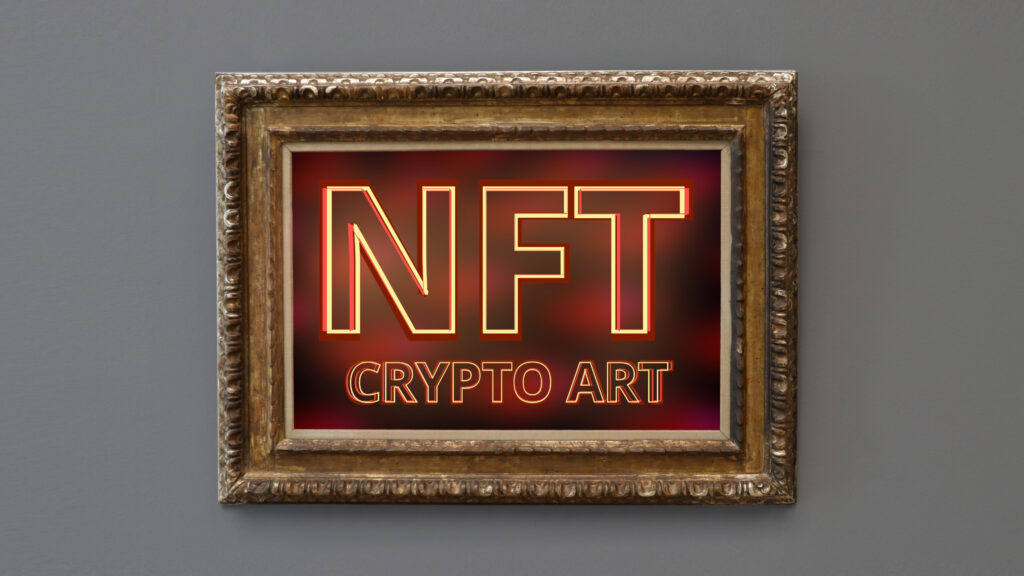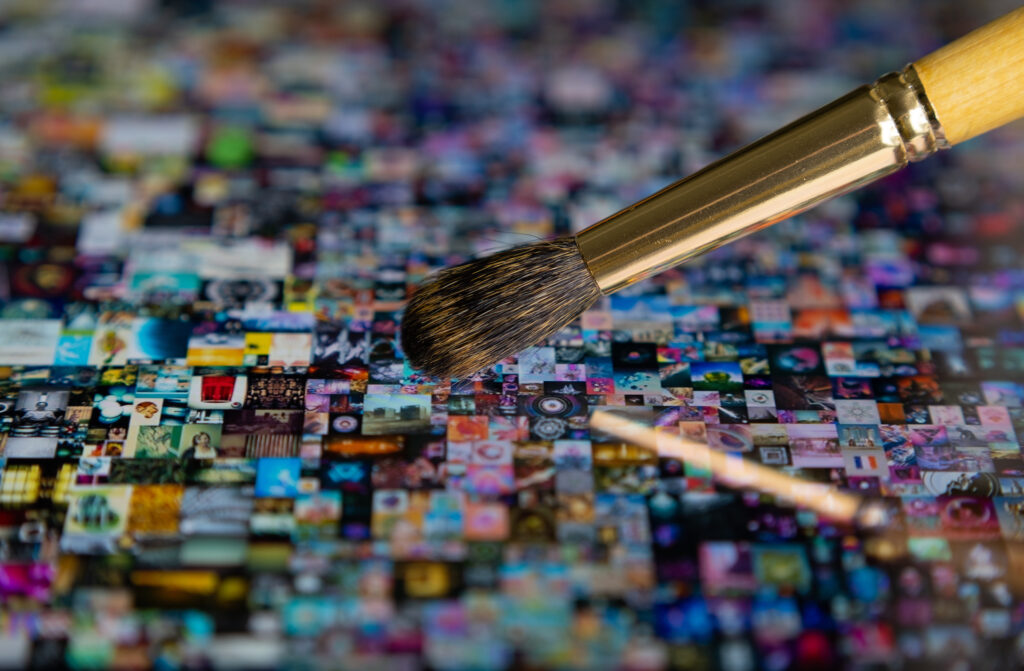The underlying work that an NFT represents, yes, the NFT by itself, no.
A Non-Fungible Token or NFT is a digital asset that represents real-world objects like art, music, in-game items, and videos. NFTs exist on a blockchain, which is a distributed public ledger that records transactions and provides information as to what was sold, by whom and how much was paid.
As opposed to Cryptocurrencies, which are fungible tokens, meaning each cryptocurrency is the same as any other, each NFT unit is unique and distinctly identifiable. An NFT is the digital version of a certificate of ownership or authenticity securely recorded on a blockchain ledger.
In the early days NFTs were just digital recreations of existing works, not anymore. Nowadays, NFTs are created from an already existing form such as an iconic NBA video clip or from digital art.
Copyright protection exists in original works of authorship fixed in any tangible medium of expression, now known, or later developed, from which they can be perceived, reproduced, or otherwise communicated, either directly or with the aid of a machine or device.
Thus, the original underlying work that an NFT represents is protectable under copyright laws in most jurisdictions.
Ownership of an NFT doesn’t necessarily means ownership of the underlying work that the NFT represents. Like a painting after it is sold, only one owner of original painting exists, however, the original creator of the paint may own underlying intellectual property rights that permit them to make copies, prints, or derivative works of that paint.
The copyright is retained by the original creator of the paint. Unless an assignment agreement is made between the original creator and the buyer, the bundle of copyrights to an NFT still belong to the original creator. “The NFT purchaser owns nothing more than a unique hash on the blockchain with a transactional record and a hyperlink to the file of the artwork.”
The minting and sale of NFTs are susceptible copyright fraud and infringement of the underlying work. These occur when someone mints an NFT of a work, falsely claiming to own the copyright in the underlying work.
I have helped countless authors to secure copyright registrations for their works and the assignment of those rights. I’d like to help you too by protecting your works and developing contracts and strategies to properly effectuate the sale of an NFT and clearly stipulate how your copyrights are dealt with.




